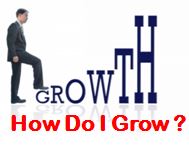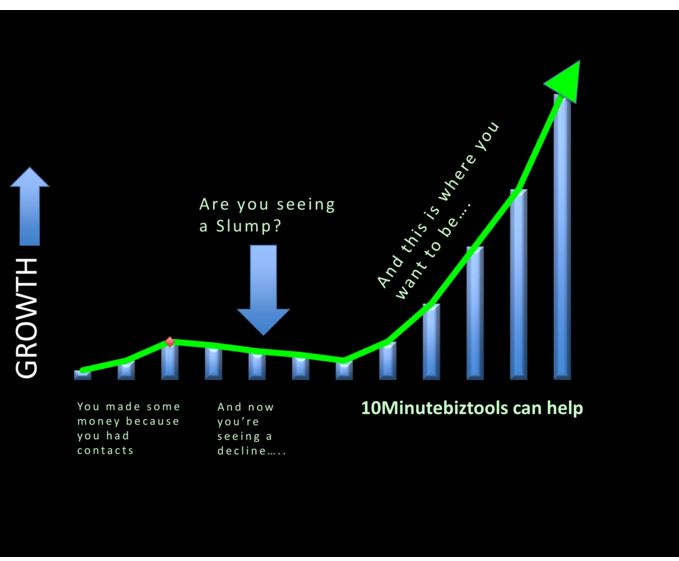Startup and Growth
Startup and growth strategies require different mindsets.The idea of the startup has been accepted by the market and it is gaining traction. The entrepreneur has to plan the growth of the business by acquiring more customers. What are the requirements for the success of the company in this growth phase?
The strategy adopted for
acquiring customers at the initial phase cannot be replicated in the growth
phase. Further, there is a need for a paradigm shift in the mindset of the
startup entrepreneur. The skill sets required to succeed in each phase of the
growth (startup to medium to large size) of the business is different

Image Source:arztsamui.
Startup and Growth- Stages
The business grows due to the networking abilities of the entrepreneur and quick responses to customer requirements with the support of a small number of employees. The decisions can be ad hoc and not necessarily a rational one or data driven. The final authority lies with the entrepreneur.
The organization is people driven and not process driven.
The next stages of startups are breakeven, takeoff and substantial growth
Startup and Growth- Challenges
Different challenges emerge and the risks become bigger, the stakes higher.
The competitors may start noticing the startup company garnering market share. They may react by lowering the price or adding more value to their offerings.
If the entry barriers are low, new competitors arrive at the market place.
Capital infusion, talent acquisition etc. also pose challenges.
The skill sets of a few employees who were part of the startup may not meet the growth stage requirements. The startup entrepreneur may find it hard to part with those employees.
Startup and Growth- Hurdles

The startup team including the owner has to let go of some of their absolute powers. They have to learn to delegate and let others to get involved in decision making. Their focus has to completely shift from day to day management to medium and long term issues.
Building an organization that outlasts the owner should be the goal. This cannot happen unless there is a plan in place and required resources, including capital, are mobilized. If the focus is only on day to day running, the future suffers. This is when we normally witness hiccups and discontinuity in the growth.
Mohan Sawhney, Professor at Northwestern's Kellogg School of Management
"Entrepreneurs are very used to managing everything on the back of napkin and in their head. They are not comfortable letting go of control.You have to let go to grow."
Startup and Growth- How to Succeed
1. Inducting fresh talent and training
2. Ensure Cultural fit of the new talent
3. Strong appraisal systems for the human resources
4. Acquiring and retaining new customers cannot be based on relationship only
5. Build the brand- A key focus of the startup team
6. Develop process and systems to lessen the dependence on the startup team- Psychologically, a difficult task
7. Strategic decisions like whether to franchise the business for growth or build new network for sales
8. Building a strong Supply Chain if the product or service expands beyond geographical boundary
9. Goal setting for employees
10.The second critical resource is cash or additional capital. Funding strategy at the right time is crucial
11. Reassessing the risks and risk mitigation strategy
Startup and Growth- Conclusion
The startup and growth phase requires a different mindset of the entrepreneurs and their team. The agility, speed and nimbleness which made the startup successful may not remain when the organization grows rapidly. This rapid growth may suddenly encounter serious problems resulting in the business collapsing if the startup teams’ skill sets are inadequate.
Source:
First Round Review
"The hallmark of successful scaling is knowing when to hit the brakes so you can scale faster later," Sutton says. "And if anyone ever tells you they have solved all your scaling problems, they are lying to you, and you need to send them out the door immediately."
There is no one straight route to scale. It is deeply personal to each company’s experience.

